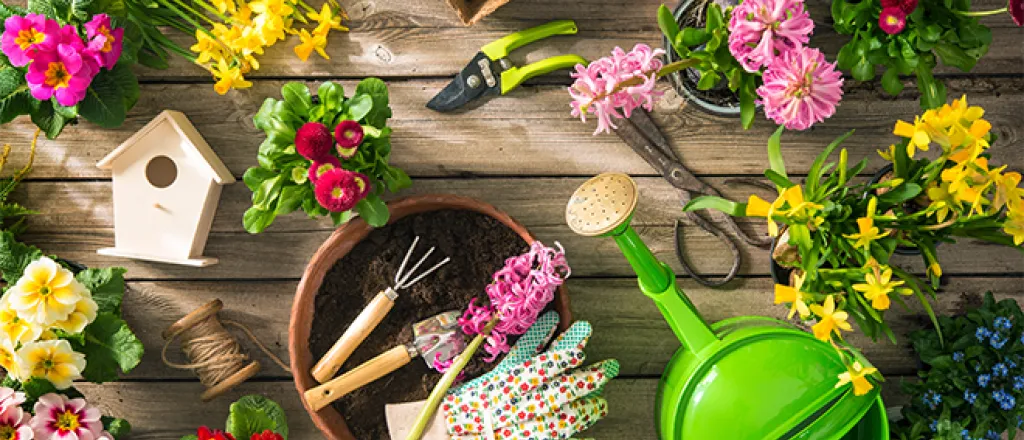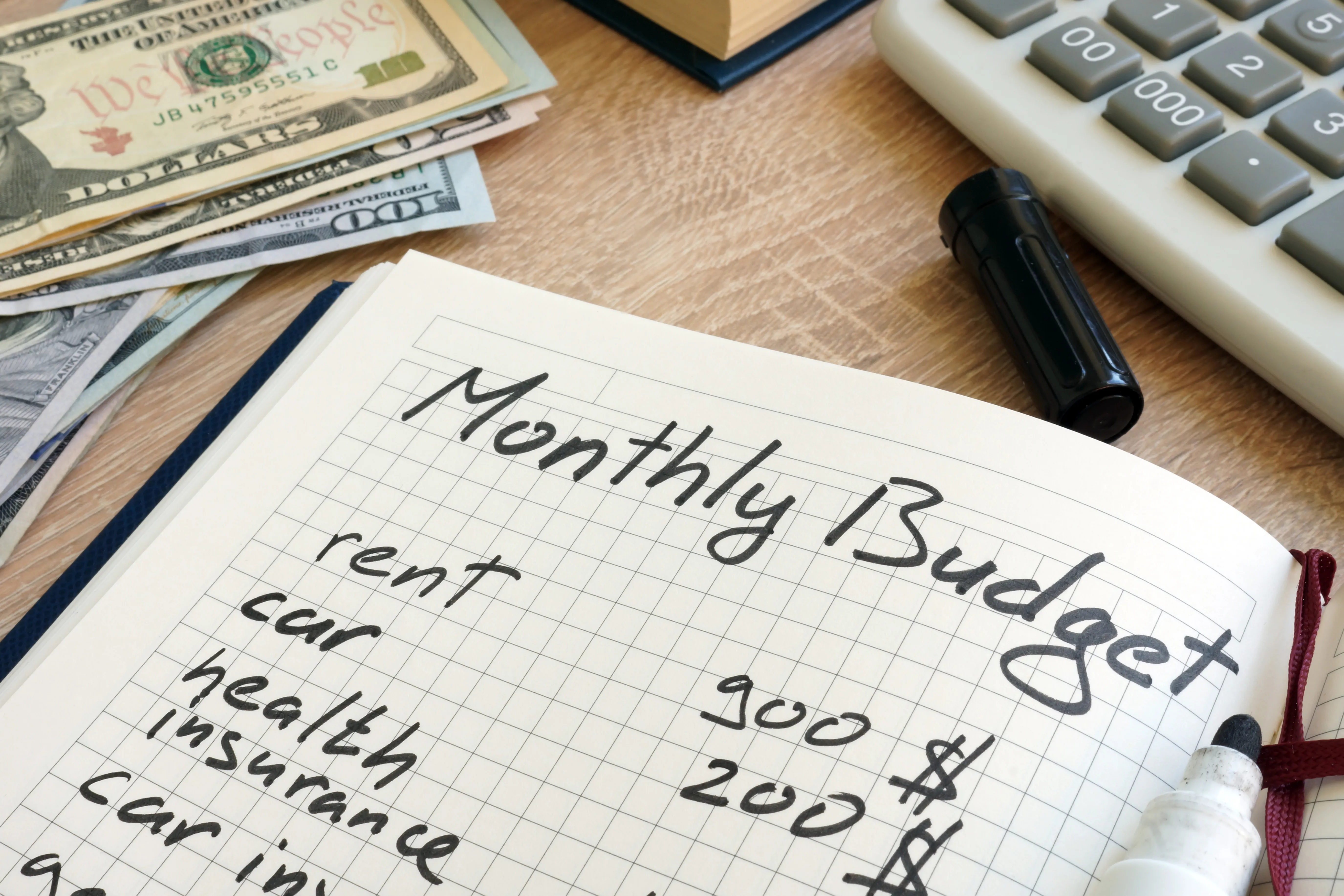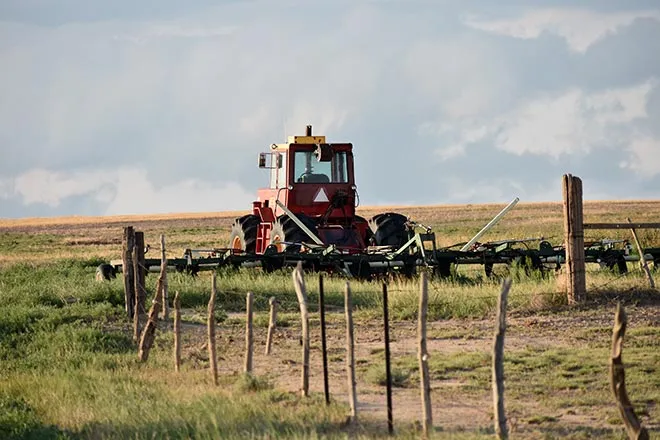
Thinking of Taking Up Gardening for the 1st Time? Here's Some Advice.
If you are thinking about taking up vegetable gardening for the first time, Gary Crawford has some expert advice for you on this edition of Agriculture USA.
PARTICIPANTS: Gary Crawford and Dennis Patton, Kansas State University lawn and garden expert.
Transcript
Here's a song from that classic old musical "The Fantastics" with a couple of gardeners who sing...
Life is very if, it's very vegetarian.
A man who plants a garden is a very happy man.
Or woman or child.
We drag that old song out every so often when we see a resurgence of interest in gardening and that's what's been happening over the last couple of years.
If you're thinking about getting into gardening for the first time stay tuned we have some expert advice that could save you a lot of time, trouble and frustration.
It's coming up on the, not the frustration, the advice on this edition of Agriculture USA.
I'm Gary Crawford.
Last spring there was a huge uptick in sales of seeds and plants and garden supplies to first-time gardeners.
This spring that's sort of settled down but still lots of people for the first time ever are saying...
I'm gonna make this garden grow.
All it takes is a rake and a hoe and a piece of fertile ground.
Well it might take a little more than that but if you are trying your hand at growing some vegetables for the first time we do have some expert advice which is get some expert advice.
Every state in the United States has a wonderful extension service and my first bit of advice would be tell people to use it.
Particularly to find out what plants are the best for your area and when to plant them.
This from Dennis Patton he's a Kansas State University extension garden expert.
He told us...
The internet is full of scary advice.
But if you go to your USDA extension service in your state or your county you're going to get good research-based not some wise tale or home remedy on gardening.
So that's the first place to start is with good solid research-based information through your land-grant extension.
Now Dennis Patton's advice for newbies...
Start simple.
Start small.
You know you're not trying to hoard food for the winter you're just trying to supplement your diet during the summer.
Yes some of us get a little overly enthused to end up with far more work than we planned on plus more produce that we know what to do with.
And along that same start simple theme Dennis says maybe we shouldn't start off clearing a special section of the yard for the garden or building raised beds and all of that.
Instead Dennis says just incorporate your vegetable plants into your traditional landscape.
So instead of putting in a stick pack of petunias in the spring put in some green beans or take advantage of a spot where an overgrown shrub was.
Take it out and put your tomato plants in there.
And so do this kind of idea of incorporating the vegetables into your existing space until you know whether or not you're going to love it.
Also remember that like any hobby that we take up for the first time it can take more time than we might think and with many of us now back at the workplace we may not have the time to work a big garden.
So just planting some vegetables in the normal landscape is a good idea.
The other thing that's really been popular and I've gotten more questions on this year is growing the vegetables in containers on your decks, patios and you can certainly grow a lot of veggies in various containers.
Okay now earlier you heard Dennis mention tomatoes so let's roll out this timeless 1983 song from Guy Clark.
Well I have never had much luck with homegrown tomatoes.
Tomatoes they're not that difficult to grow once you just give them some basic requirements or basic needs.
First Dennis what's the biggest mistake that people make when trying to grow tomatoes?
The biggest mistake people make is planting them too early when the soils are still too cold and there's a chance of a frost and then the plant just steps there and it kind of gets stunted.
Oh Dennis he mentioned providing our tomatoes with their basic needs.
One of those needs is at least six hours a day of direct Sun.
And a lot of neighborhoods that have mature trees or people that live in ever-increasing you know townhomes, apartments sometimes struggle to find that Sunlight.
Second is they're going to need good drainage so we pry the void spots that tend to hold water, stay wet for a longer period after rain.
And then we also like to have those vegetable gardens somewhat near to the water source because in most parts of our country we're going to have to do some supplemental watering during the summer months.
That brings up the third mistake many of us make with our homegrown tomatoes.
That is over watering in combination with having the plants in soils or pots that don't drain well.
Most experts say only water when the soil feels dry below the one inch level.
But watering advice varies depending on where you live, what variety you're trying to grow, what kind of soil you're using.
But for best results Dennis Patton again says check with your local Ag Extension Service.
They've got the information to help you with those homegrown tomatoes.
This has been Agriculture USA.
I'm Gary Crawford reporting for the US Department of Agriculture.
















